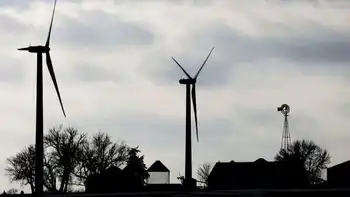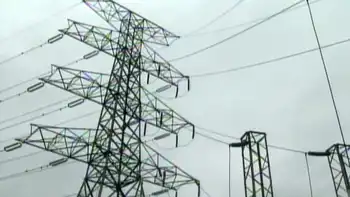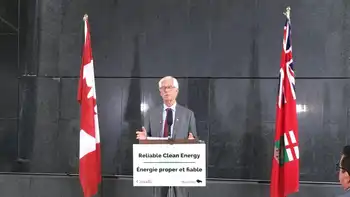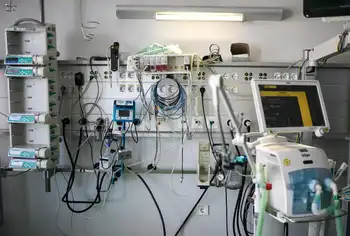Covid-19 puts brake on Turkey’s solar sector

Protective Relay Training - Basic
Our customized live online or in‑person group training can be delivered to your staff at your location.

- Live Online
- 12 hours Instructor-led
- Group Training Available
Turkey Net Metering Suspension freezes regulator reviews, stalling rooftop solar permits and grid interconnections amid COVID-19, pausing licensing workflows, EPC pipelines, and electricity bill credits that drive commercial and household prosumer adoption.
Key Points
A pause on technical reviews freezing net metering applications and slowing rooftop solar deployment in Turkey.
✅ Monthly technical committee meetings suspended indefinitely
✅ Rooftop solar permits and grid interconnections on hold
✅ EPC firms urge remote evaluations for transparency
The decision by the Turkish Energy Market Regulatory Authority to halt part of the system of processing net metering applications risks bringing the only vibrant segment of the nation’s solar industry to a grinding halt, a risk amplified as global renewables face Covid-19 disruptions across markets.
The regulator has suspended monthly meetings of the committee which makes technical evaluations of net metering applications, citing concerns about the spread of Covid-19, which has already seen U.S. utility-scale solar face delays this year.
The availability of electricity bill credits for net-metering-approved households which inject surplus power into the grid, similar to how British households can sell power back to energy firms, has seen the rooftop projects the scheme is typically associated with remain the only source of new solar generation capacity in Turkey of late.
However the energy regulator’s decision to suspend technical evaluation committee meetings until further notice has seen the largely online licensing process for new solar systems practically cease; by contrast, Berlin is being urged to remove PV barriers to keep projects moving.
The Turkish solar industry has claimed the move is unnecessary, with solar engineering, procurement and construction services businesses pointing out the committee could meet to evaluate projects remotely. It has been argued such a move would streamline the application process and make it more transparent, regardless of the current public health crisis.
Net metering
Turkey introduced net metering for rooftop installations last May and pv magazine has reported the specifics of the scheme, amid debates like New England's grid upgrade costs over who pays.
National grid operator Teias confirmed recently the country added 109 MW of new solar capacity in the first quarter, most of it net-metered rooftop systems, even as Australian distributors warn excess solar can strain local networks.
Net metering has been particularly attractive to commercial electricity users because the owners of small and medium-sized businesses pay more for power, as solar reshapes electricity prices in Northern Europe, than either households or large scale industrial consumers.
Until the recent technical committee decision by the regulator, the chief obstacle to net metering adoption had been the nation’s economic travails. The Turkish lira has lost 14% of its value since January and around 36% over the last two years. The central bank has been using its foreign reserves to support state lenders and the lira but the national currency slipped near an all-time low on Friday and foreign analysts predict the central bank reserves could run dry in July.
The level of exports shipped last month was down 41% on April last year and imports fell 28% by the same comparison, further depressing the willingness of companies to make capital investments such as rooftop solar.











